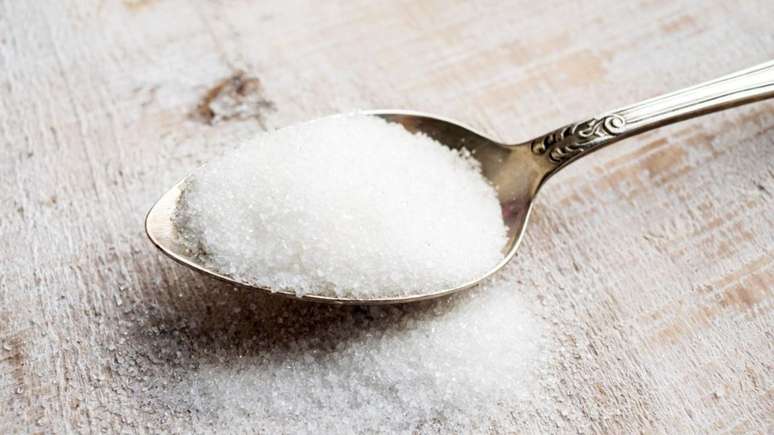According to research conducted by the Cleveland Clinic, erythritol is associated with the formation of blood clots, even though it is recommended as a sugar substitute.
THE erythritola natural sweetener popular for replacing sugar in drinks and foods, has gained prominence in recent research. Known to be a low-calorie alternative, it is now under scrutiny due to its potential impact on cardiovascular health. A study conducted by Cleveland Clinicus United Statessuggests that erythritol may increase the risk of cardiovascular diseases such as heart attack and stroke, linking it to the formation of blood clots.
Published in the magazine Arteriosclerosis, Thrombosis and Vascular Biology last Thursday (8), the research is part of a series of investigations into the physiological effects of commonly used sugar substitutes. Scientists point out that erythritol may not be as safe as previously thought and suggest a reevaluation of the ingredient by regulatory agencies.
The relationship between erythritol and cardiovascular health has been explored through two phases. Initially, a previous study, published in 2023 in Nature’s Medicinefound that heart patients with high erythritol intake were twice as likely to suffer from serious cardiac events over the next three years. This is compared to those who consumed less of this sweetener.
In the most recent study, the team of Cleveland Clinic studied the direct effects of erythritol on blood platelets. In a group of 20 healthy volunteers, after ingesting a dose typically contained in a sugar-free soft drink, blood erythritol levels increased more than a thousandfold. In particular, there was a significant increase in blood clot formation after consuming the sweetener, which was not observed with glucose intake.
What impact does sweetener have on health?
The study’s co-author, W.H. Wilson TangDirector of Research for Heart Failure and Cardiac Transplant Medicine at the Cleveland Clinic, highlighted the need for further research. “This research raises concerns that a standard serving of an erythritol-sweetened food or beverage may acutely stimulate a direct clot-forming effect,” said Tang.
The study’s senior author, Stanley HazenIt also reinforced the importance of additional analyses.”We need more long-term clinical studies to evaluate the safety of erythritol and other sugar substitutes on cardiovascular health.”added Hazen.
Although erythritol is widely used in a variety of food products, its long-term safety is increasingly being questioned. Food and Drug Administration (FDA) of the United States classifies erythritol as an ingredient GRAS (Generally Recognized as Safe)allowing for unlimited use. However, new findings suggest that this classification may require reevaluation.
The recent findings about erythritol are not isolated. Other studies have also linked sugar substitutes like xylitol to similar risks. For example, recent studies have shown that high xylitol consumption is linked to an increased risk of blood clots, increasing the chances of heart attack, stroke, or death.
These studies suggest that sugar alcohols, including erythritol and xylitol, need to be more rigorously evaluated for their long-term health effects. The most prudent course of action, experts suggest, may be to opt for moderate sugar consumption or look for sweeteners with better-established safety profiles.
*Article originally published on Perfil Brasil
Source: Terra
Ben Stock is a lifestyle journalist and author at Gossipify. He writes about topics such as health, wellness, travel, food and home decor. He provides practical advice and inspiration to improve well-being, keeps readers up to date with latest lifestyle news and trends, known for his engaging writing style, in-depth analysis and unique perspectives.









